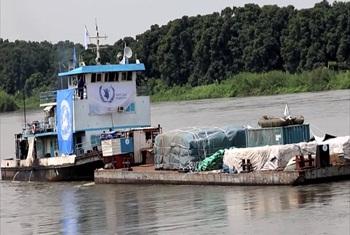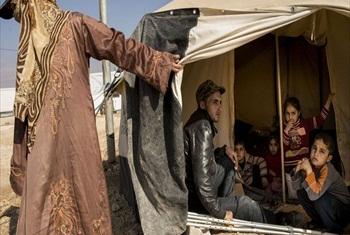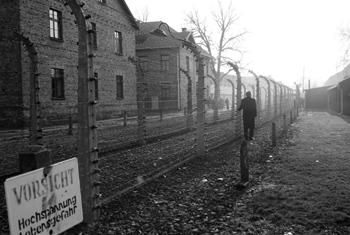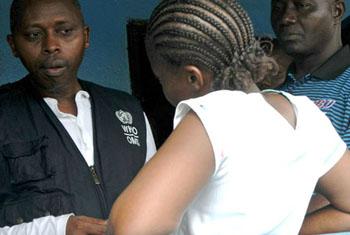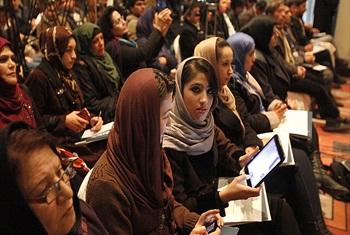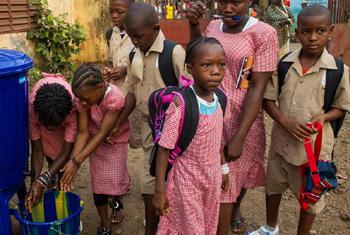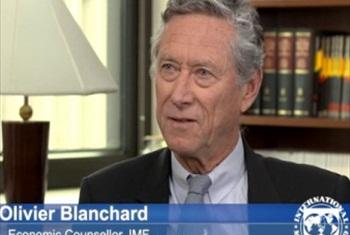Food barges reach displaced people in South Sudan
Barges carrying food have reached Malakal in South Sudan’s Upper Nile state bringing aid to thousands of people displaced by conflict.
The UN World Food Programme (WFP), which delivered the supplies, says access to people in need has improved with the coming of the dry season.
The UN estimates that around 2.5 million people require food assistance across the country.
Reech Malual asked WFP’s George Forminyen about the latest delivery of aid.
Duration: 2’02”

